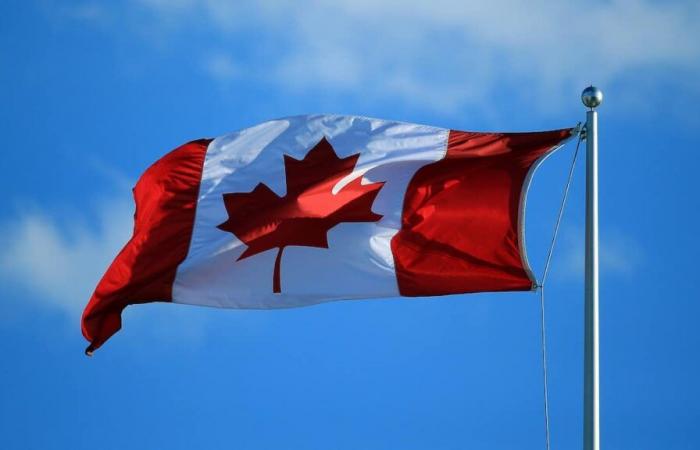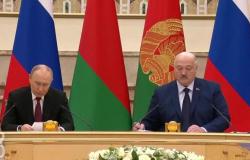The Canadian political scene is plunged into an unprecedented storm. The arrival of Donald Trump at the White House, armed with his tariff threats and his legendary unpredictability, transformed the situation. The country is in a state of constant alert, hanging on the American president’s tweets, as if each word could trigger an economic or diplomatic earthquake. This external threat, combined with growing internal political uncertainty, is redefining the priorities of Canadians and the politicians who aspire to represent them.
In this electric climate, the great dreams of society – visionary infrastructure projects, or even a reform of federalism – disappear in the urgency of the moment. What Canadians want now is not a visionary, but a strategist. A credible, experienced figure, capable of standing up to Trump and, above all, protecting the country against the fissures that threaten its very unity.
The candidates
Mark Carney, former governor of the Bank of Canada and the Bank of England, evokes a cold pragmatism, strong from his experience of Brexit, even if the latter left a taste of failure. Chrystia Freeland, architect of the Trudeau government’s crucial trade agreements, however, drags behind her the weight of controversies: encroachment on areas of provincial jurisdiction and centralization perceived as arrogant. And Pierre Poilièvre, master orator in Western Canada, is struggling to seduce Quebec voters, where his image remains to be polished.
But the challenges do not stop at economic borders. National unity is at stake. In the West, Alberta locks itself into a posture of mistrust, flirting with separatist ideas. In the East, the Parti Québécois, galvanized by promising polls, promises a referendum on independence in the event of a possible return to power. While the shadow of Trump looms, another specter resurfaces: that of a new existential crisis for Canada.
-Cracks to be sealed
And the question is asked: who will carry the torch of Canadian unity in this potential struggle for the survival of the federation? Carney, Freeland or Poilievre? Will they be able to reconcile a fragmented country, ease tensions and confront not only intimidation from the South, but also the divisions that threaten from within?
Canada stands at a crossroads. Trump’s threat almost makes us forget that internal fractures are just as dangerous. However, if the country wants to avoid sinking into a new era of crisis and uncertainty, it will have to find not only a courageous captain, but a true architect of national unity, ready to take on a double challenge: containing the coming storm of Washington and rebuild the collapsed bridges between the provinces.






